How to Choose the Right Industrial Meat Grinder for Your Business
In the meat processing industry, an efficient and reliable industrial meat grinder is crucial for ensuring smooth production. Whether it's a small butcher shop, a large supermarket, or a professional meat processing plant, choosing the right grinder can not only improve production efficiency but also directly impact product quality and business profitability. With a wide variety of industrial meat grinders available on the market, how should businesses make an informed decision? This article will delve into the various factors to consider when choosing an industrial meat grinder, helping you find the ideal equipment that best suits your business needs.
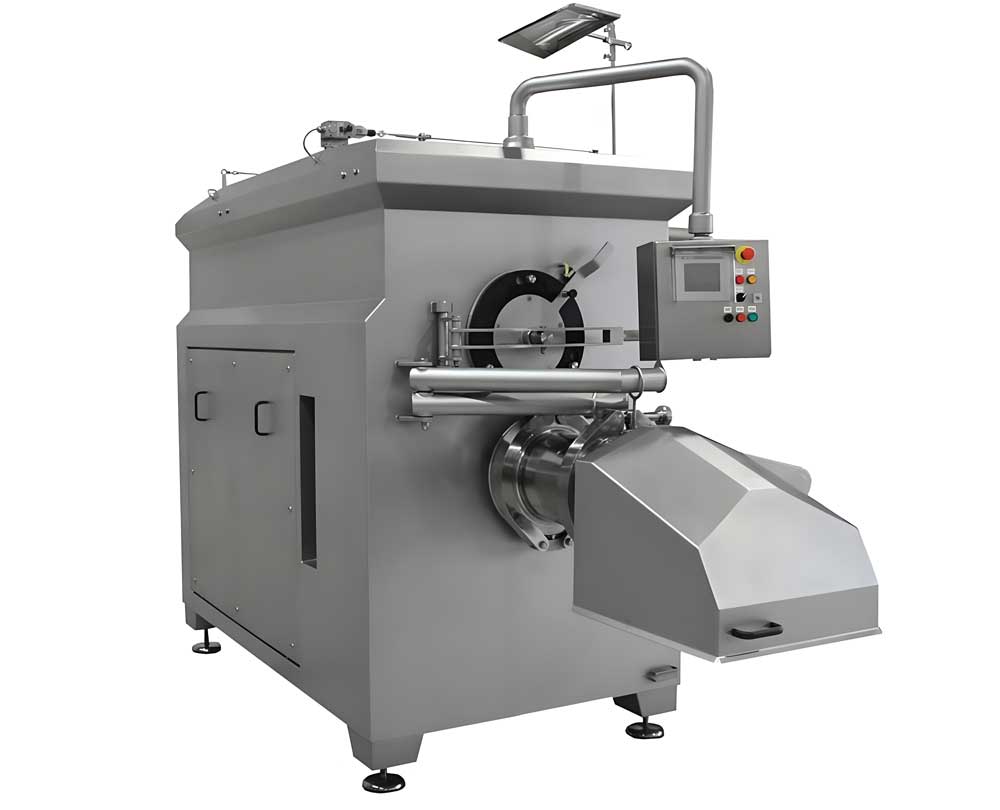
Why is Choosing the Right Industrial Meat Grinder Crucial?
Selecting an industrial meat grinder that perfectly matches your business needs is important for several reasons:
- Improve Production Efficiency: A high-performance grinder can quickly and efficiently process large quantities of meat, reducing processing time and improving overall production efficiency.
- Ensure Product Quality: The uniformity of the grind and the texture of the ground meat directly affect the quality of the final product. The right grinder can ensure that the ground meat reaches the desired fineness and consistency.
- Reduce Operating Costs: Durable and efficient grinders can reduce breakdowns and repairs, lowering long-term operating costs. Additionally, efficient grinding can reduce energy consumption.
- Meet Food Safety Standards: Hygienically designed grinders made of appropriate materials can ensure food safety during the meat processing process, preventing contamination.
- Adapt to Business Growth: Choosing a grinder with sufficient processing capacity can meet the future growth needs of your business, avoiding frequent equipment replacements.
Key Factors Influencing Business Choices for Industrial Meat Grinders
When choosing an industrial meat grinder, several key factors need to be considered comprehensively:
1. Production Capacity Requirements
Your business's daily or weekly production volume is the primary factor to consider when selecting a grinder. Different production needs correspond to grinders of different specifications and processing capacities.
- Small Businesses (e.g., butcher shops, small restaurants): For businesses with a daily output of less than a few hundred kilograms, a benchtop or small floor-standing industrial meat grinder can be selected. These grinders are usually compact, easy to operate, and take up little space.
- Medium-Sized Businesses (e.g., supermarkets, medium-sized meat processing plants): For businesses with a daily output of around one ton, a medium-sized floor-standing industrial meat grinder with a stronger processing capacity needs to be selected. These grinders usually have higher power and larger hoppers.
- Large Businesses (e.g., large meat processing plants, food manufacturers): For businesses with a daily output of several tons or even tens of tons, a large floor-standing industrial meat grinder or a fully automatic meat grinding production line needs to be selected. This type of equipment usually has extremely high processing capacity and a high degree of automation.
LSI Keywords: daily output, weekly output, production scale, processing capacity, small commercial meat grinder, medium industrial meat grinder, large meat grinding equipment, automated production line.
2. Types of Meat to be Ground
Different types of meat have different characteristics, such as hardness, fat content, and whether they contain bones. When choosing a grinder, consider the main types of meat your business will process.
- Fresh Meat: Most industrial meat grinders can process fresh beef, pork, lamb, and poultry, etc.
- Frozen Meat: If your business needs to grind frozen meat, you need to choose a specially designed frozen meat grinder. These grinders usually have stronger motor power and more robust blades to effectively process meat blocks at low temperatures.
- Bone-in Meat: A few high-end industrial meat grinders can handle soft bones or small pieces of bone, but most grinders are not suitable for processing bone-in meat. If you need to process bone-in meat, you may need to choose a specialized bone crusher.
LSI Keywords: beef grinder, pork grinder, lamb grinder, poultry grinder, frozen meat grinder, bone-in meat grinding, meat hardness, fat content.
3. Grind Size Requirements
Different meat products have different requirements for the fineness of the ground meat. For example, making sausages and meatballs may require different grinds of meat. Industrial meat grinders usually achieve different grind sizes by replacing grinding plates with different pore diameters.
- Coarse Grind: Suitable for making some meat products that need to retain a meaty texture, such as certain types of sausages.
- Medium Grind: Suitable for most common ground meat products, such as dumpling filling, bun filling, etc.
- Fine Grind: Suitable for making meat products that require a very delicate texture, such as meat sauces, fish balls, etc.
When choosing a grinder, consider the main types of meat products your business produces and choose a grinder that can meet the required grind sizes. Some high-end grinders may also be equipped with multi-stage grinding systems, which can achieve a finer grinding effect.
LSI Keywords: grind size, grinding plate size, meat fineness, coarse ground meat, fine ground meat, multi-stage grinding system.
4. Durability and Material of the Machine
Industrial meat grinders need to operate at high intensity for long periods, so their durability is crucial. The material of the machine directly affects its durability and hygiene.
- Stainless Steel Material: Most high-quality industrial meat grinders are made of food-grade stainless steel. Stainless steel has the advantages of corrosion resistance, easy cleaning, and hygiene, which can ensure food safety during the meat processing process.
- Motor Quality: The motor is the core component of the grinder, and choosing a motor with sufficient power and reliable quality is essential. The performance of the motor directly affects the grinding efficiency and the service life of the machine.
- Blade and Grinding Plate Quality: The material and hardness of the blades and grinding plates directly affect the grinding effect and service life. High-quality blades and grinding plates can remain sharp, reducing meat squeezing and heat generation.
LSI Keywords: stainless steel meat grinder, food-grade stainless steel, motor power, motor performance, blade material, grinding plate hardness, corrosion resistance, service life.
5. Hygiene and Ease of Cleaning
Hygiene is paramount in the meat processing industry. Choosing a grinder that is easy to clean and maintain can effectively reduce the risk of bacterial growth and ensure food safety.
- Easy to Disassemble and Assemble: The parts of the grinder should be easy to disassemble and assemble for thorough cleaning.
- Smooth Surface Design: The surface of the machine should be smooth and free of hard-to-clean corners.
- Design Compliant with Hygiene Standards: Choose a grinder that meets relevant food hygiene standards.
LSI Keywords: food hygiene, cleaning maintenance, easy to disassemble, smooth surface, hygiene standard certification.
6. Power and Efficiency
The power of the grinder determines its processing capacity and grinding efficiency. Choosing the right power can ensure that the grinder remains efficient even when operating at full load.
- Motor Power: Choose the appropriate motor power based on your business's production needs. Insufficient power will lead to low grinding efficiency and even damage the motor; excessive power will increase energy consumption.
- Grinding Efficiency: Pay attention to the design and technology of the grinder, and choose equipment that can grind meat efficiently and reduce waste.
LSI Keywords: motor horsepower, grinding speed, energy efficiency, production efficiency.
7. Safety Features
Operating industrial meat grinders involves certain safety risks, so choosing a grinder with comprehensive safety features is crucial.
- Overload Protection: When the grinder is overloaded, the overload protection device can automatically cut off the power supply to prevent motor damage.
- Emergency Stop Button: Convenient for operators to quickly stop the machine in an emergency.
- Protective Devices: Ensure that operators do not come into contact with moving parts during operation.
LSI Keywords: safe operation, overload protector, emergency stop, safety guard.
8. Budget and Cost-Effectiveness
The price of industrial meat grinders varies greatly. Businesses need to choose suitable equipment based on their budget. In addition to the initial purchase cost, the long-term operating costs of the equipment, including energy consumption, maintenance, and repairs, also need to be considered.
- Initial Investment: Choose suitable grinder models and brands within your budget range.
- Operating Costs: Consider the energy efficiency, maintenance frequency, and repair costs of the equipment.
- Cost-Effectiveness: Comprehensively consider the performance, quality, price, and long-term operating costs of the equipment, and choose the most cost-effective grinder.
LSI Keywords: purchase cost, return on investment, maintenance costs, energy consumption, cost-effectiveness analysis.
9. Brand and Supplier Reputation
Choosing well-known brands and reputable suppliers can guarantee the quality of the equipment and after-sales service.
- Brand Reputation: Choose brands with a good reputation and experience in the industry.
- After-Sales Service: Understand the after-sales service provided by the supplier, including installation, training, maintenance, and spare parts supply.
- User Reviews: Refer to reviews and feedback from other users to understand the actual usage of the equipment.
LSI Keywords: well-known brands, reliable suppliers, after-sales support, user feedback, equipment warranty.
10. Regulations and Compliance
When choosing an industrial meat grinder, ensure that the equipment complies with local food safety and hygiene regulations.
- Food Safety Certification: Choose grinders that have passed relevant food safety certifications.
- Hygiene Standards: Ensure that the design and materials of the grinder meet hygiene standards.
LSI Keywords: food safety regulations, hygiene license, compliance certification.
Different Types of Industrial Meat Grinders
- Benchtop Grinders: Suitable for small butcher shops, restaurants, etc., with a smaller processing volume.
- Floor-Standing Grinders: Suitable for medium and large meat processing plants, supermarkets, etc., with a larger processing volume.
- Frozen Meat Grinders: Specifically designed for grinding frozen meat.
- Meat Grinder Mixers: Integrate grinding and mixing functions, suitable for making sausages and other meat products that require mixing seasonings.
- Fully Automatic Grinding Lines: Suitable for large-scale production with a high degree of automation.
Maintaining and Caring for Industrial Meat Grinders
Proper maintenance and care can extend the service life of the grinder and ensure its normal operation.
- Regular Cleaning: Thoroughly clean all parts of the grinder after each use.
- Regular Inspection: Regularly check the wear of parts such as blades and grinding plates and replace them in time.
- Lubrication and Maintenance: Perform lubrication and maintenance on the machine according to the instructions.
- Professional Repair: If a malfunction occurs, contact a professional for repair in time.
Frequently Asked Questions (FAQ)
What is the price range for industrial meat grinders?
The price of industrial meat grinders varies depending on the brand, model, processing capacity, and features. Small benchtop grinders may cost around a few thousand US dollars, while large fully automatic production lines can cost tens of thousands or even more. It is recommended to choose according to your budget and needs.
How do I determine the size of the industrial meat grinder I need?
The key to determining the size of the grinder is your daily production volume requirements. Assess your average daily output and peak output, and choose a grinder that can meet these needs. Also consider the size of your workspace.
Is a special grinder needed for grinding frozen meat?
Yes, grinding frozen meat requires a specially designed frozen meat grinder. These grinders usually have more powerful motors and stronger blades to effectively process frozen meat blocks and prevent damage to the machine.
How often should an industrial meat grinder be cleaned?
To ensure food safety, industrial meat grinders should be thoroughly cleaned after each use. Regular deep cleaning and maintenance are also very important.
How do I choose the right grinding plate size?
The choice of grinding plate size depends on the desired fineness of the ground meat and the type of meat products you want to produce. Generally, coarse grinding is suitable for making sausages, medium grinding is suitable for dumpling fillings, and fine grinding is suitable for meat sauces.
What safety features should I look for when buying an industrial meat grinder?
When purchasing an industrial meat grinder, you should pay attention to whether it has safety features such as overload protection, an emergency stop button, and protective devices to ensure the safety of the operator.
Is stainless steel the best material for industrial meat grinders?
Yes, food-grade stainless steel is the ideal material for industrial meat grinders. It has the advantages of corrosion resistance, easy cleaning, and hygiene, which can ensure food safety during the meat processing process.
Conclusion
In conclusion, choosing the right industrial meat grinder for your business is a process that requires careful consideration. Businesses need to comprehensively evaluate multiple factors such as their production needs, the types of meat to be ground, grind size requirements, and budget. Through the introduction of this article, we believe you have a deeper understanding of how to choose an industrial meat grinder. Before making a final decision, it is recommended that you compare different brands and models of grinders and consult with professional suppliers to choose the ideal equipment that best meets your business needs and safeguards your meat processing operations.
LSI Keywords Summary: industrial meat grinder, business choice, meat processing, production efficiency, product quality, operating costs, food safety, production capacity, types of meat, grind size, machine durability, material, hygiene cleaning, power efficiency, safety features, budget cost-effectiveness, brand reputation, supplier, regulations compliance, benchtop grinder, floor-standing grinder, frozen meat grinder, meat grinder mixer, fully automatic grinding line, maintenance, frequently asked questions, price range, size selection, frozen meat grinding, cleaning frequency, grinding plate size, safety features, stainless steel material.
Must-Read Blogs For Chain Restaurants Owner

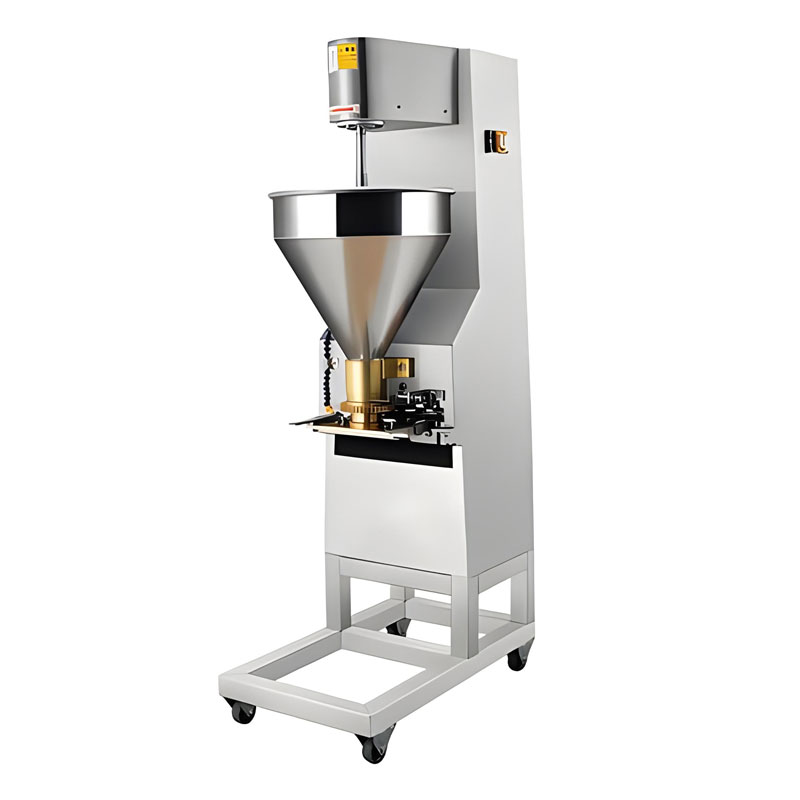
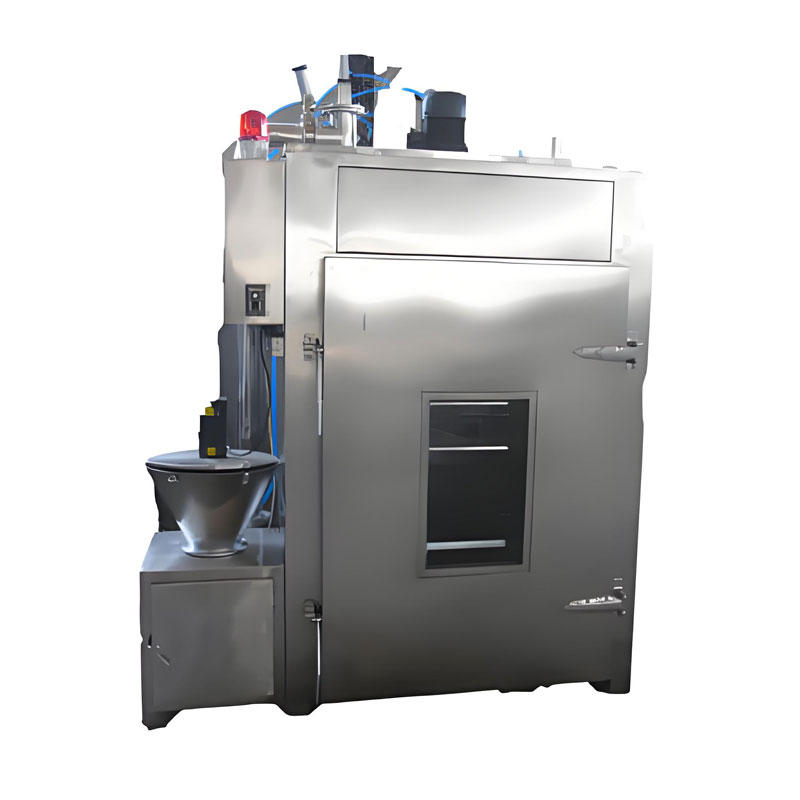
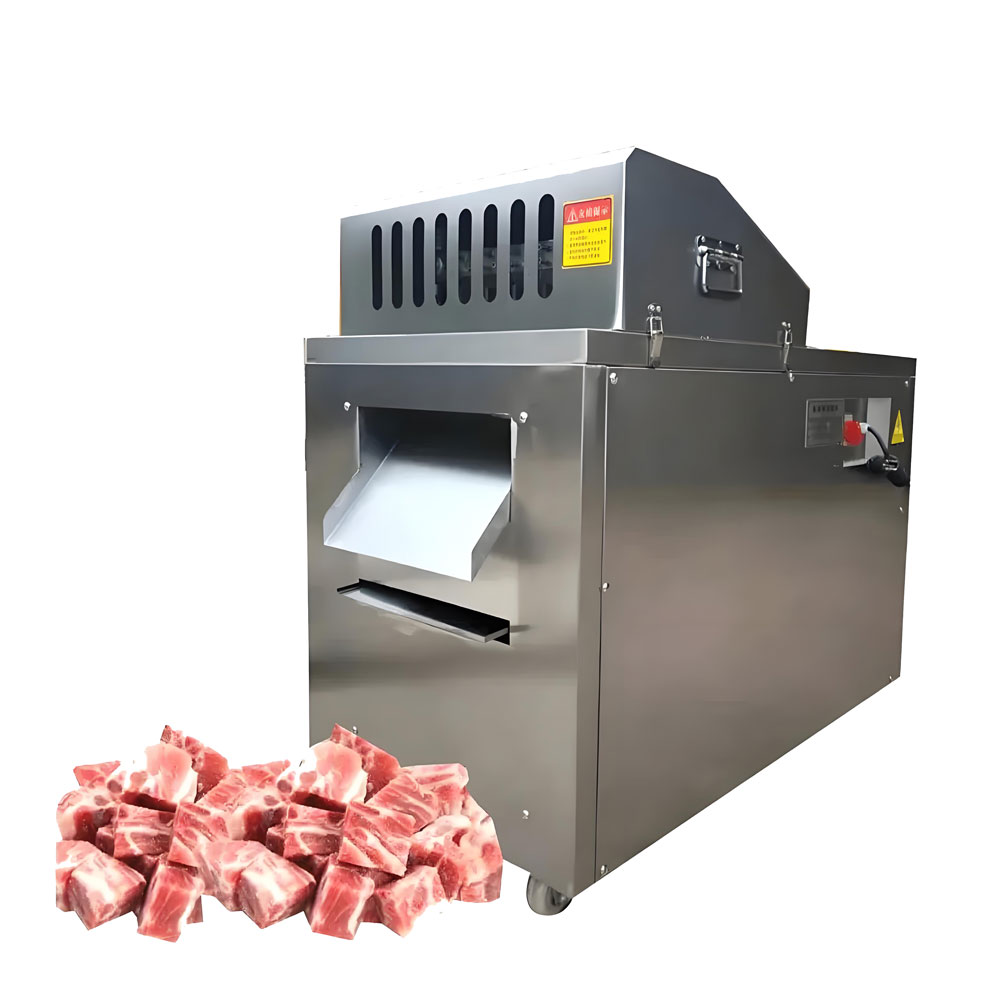
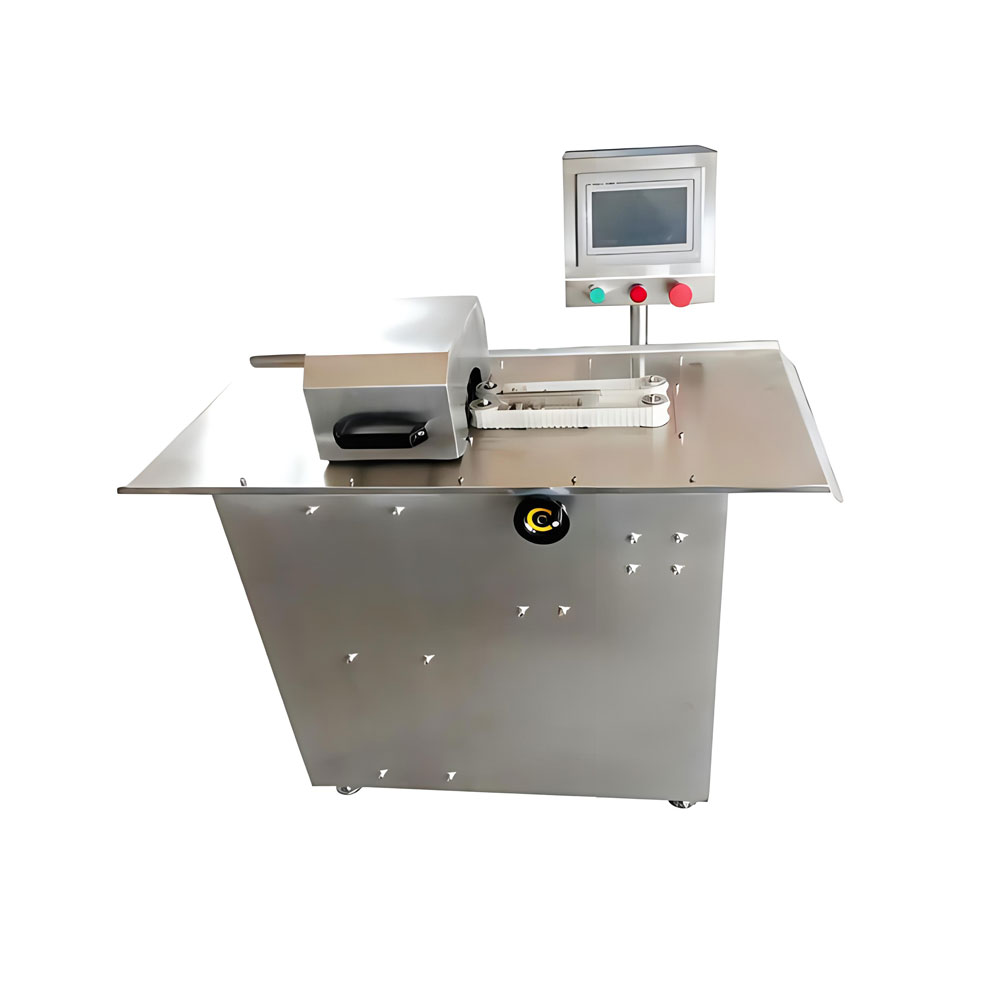
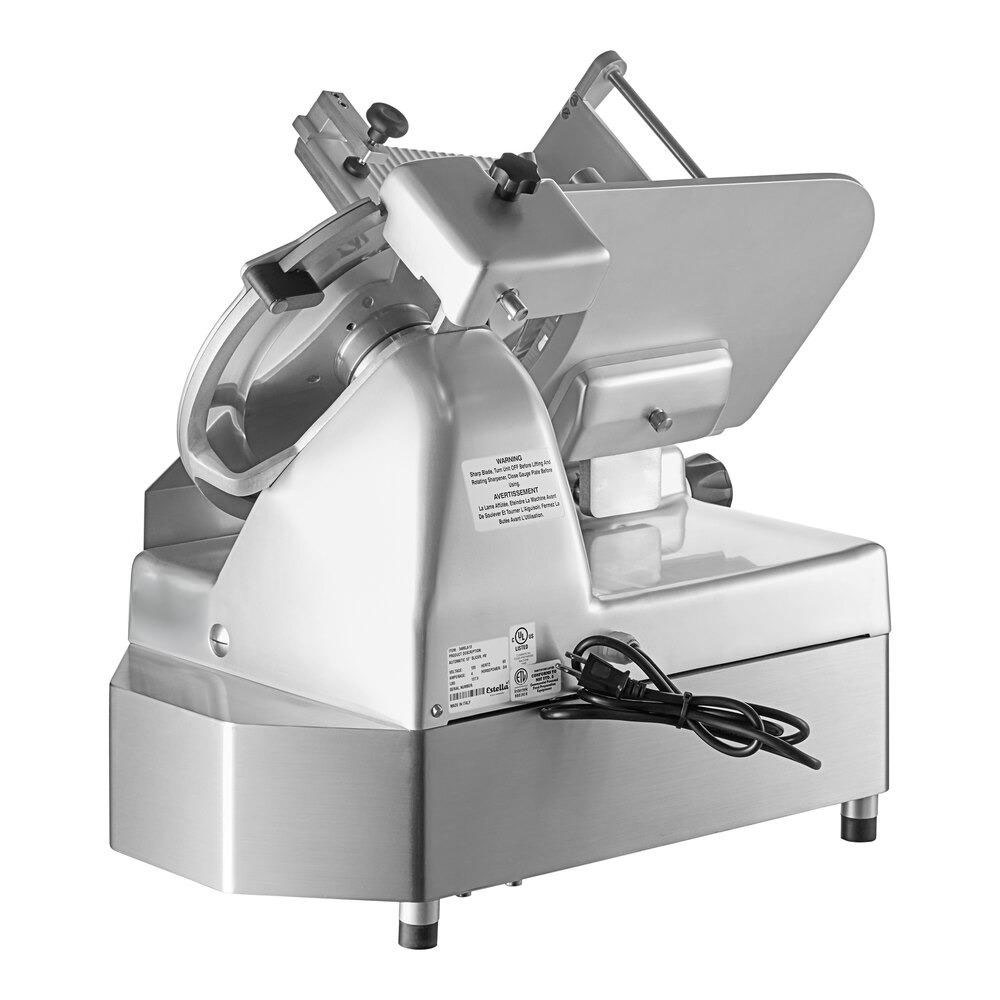
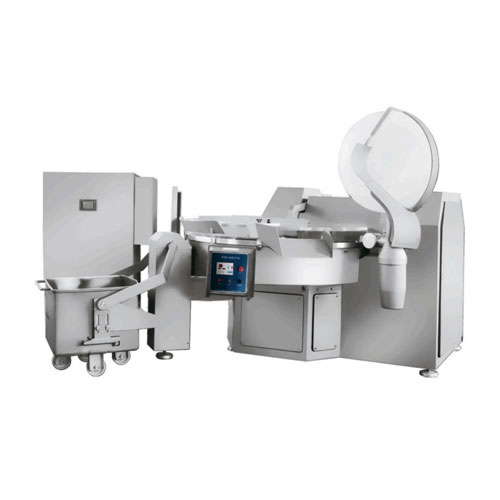
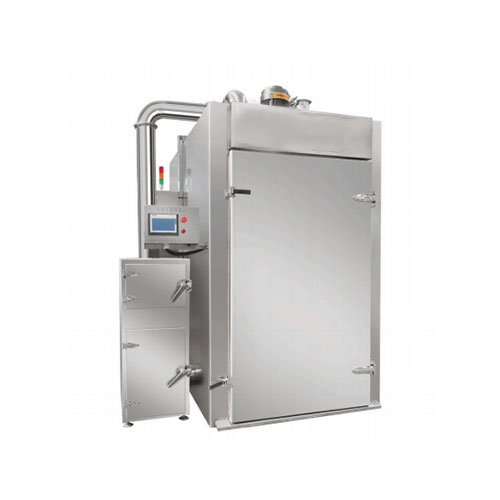
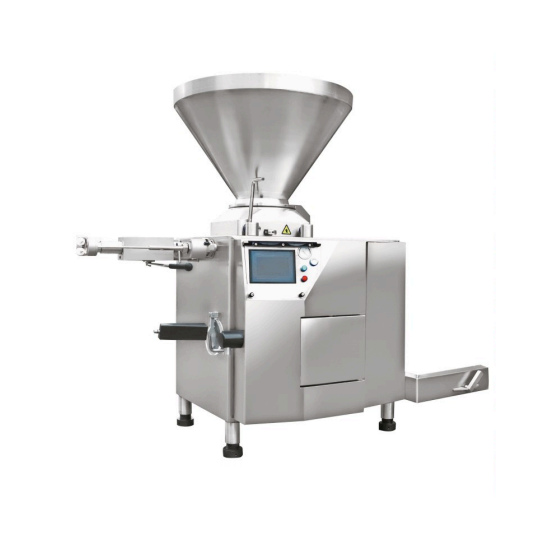
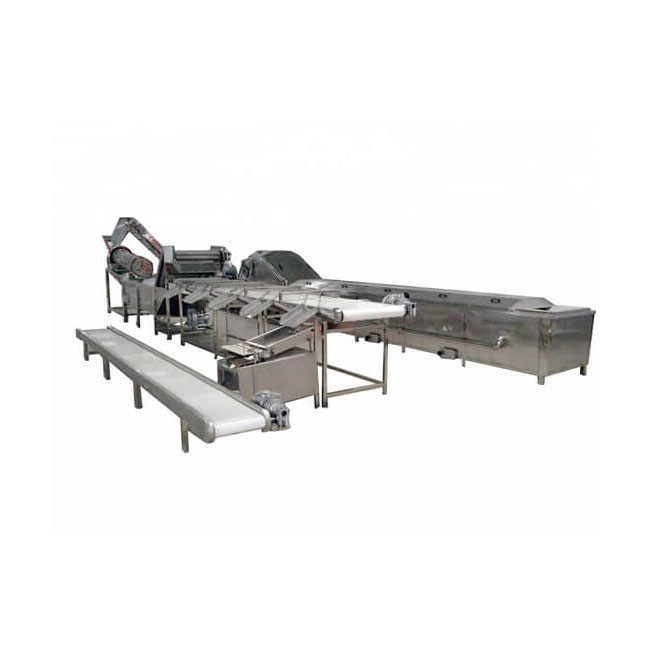
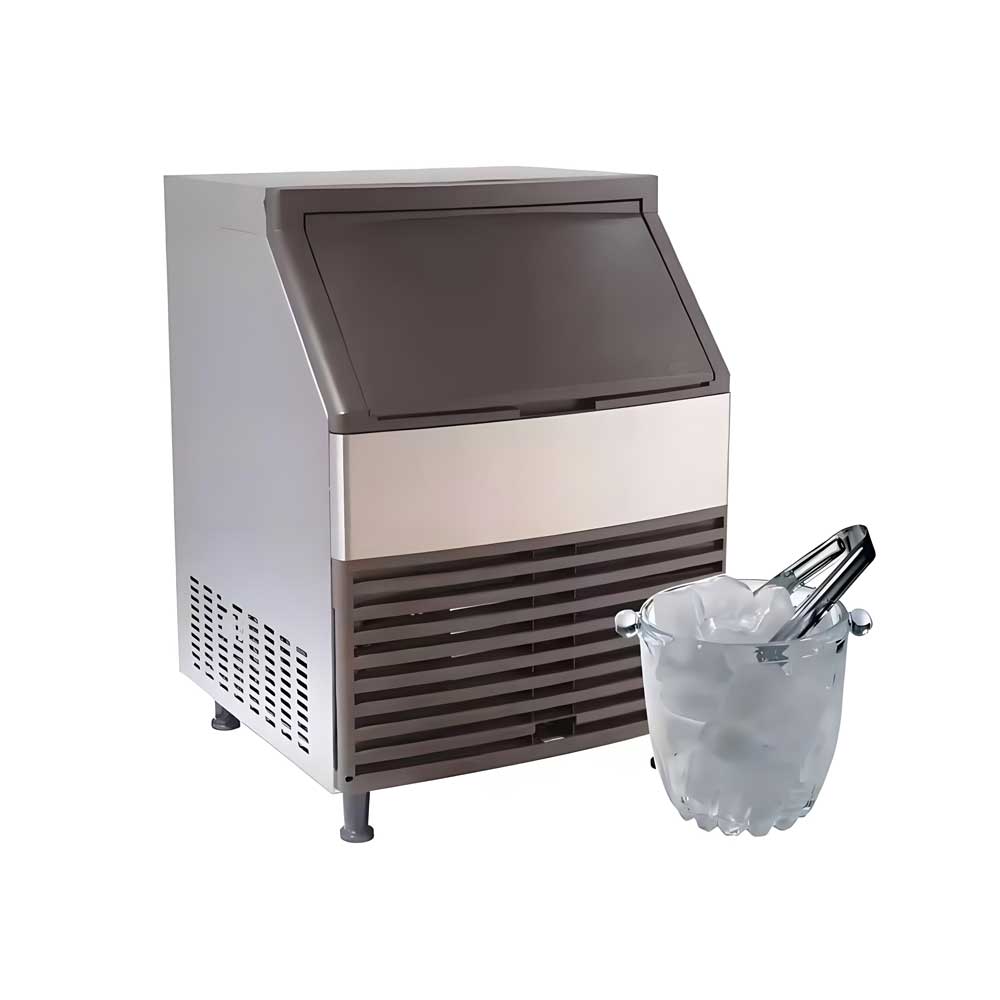
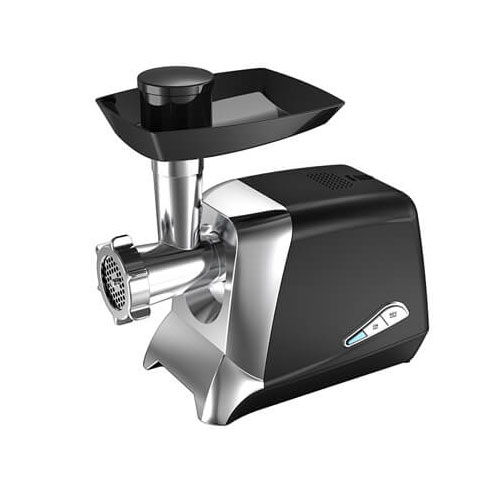 Household Meat Grinder
Household Meat Grinder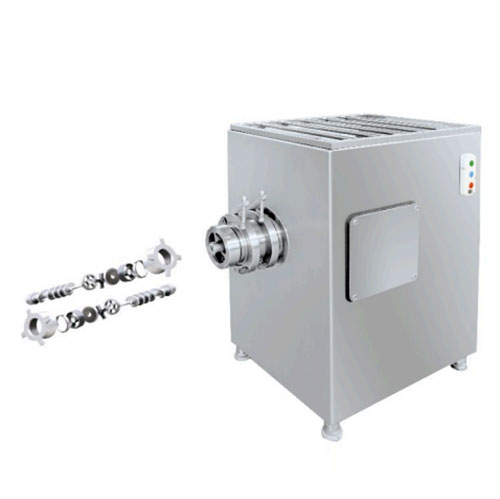 Frozen Meat Grinder
Frozen Meat Grinder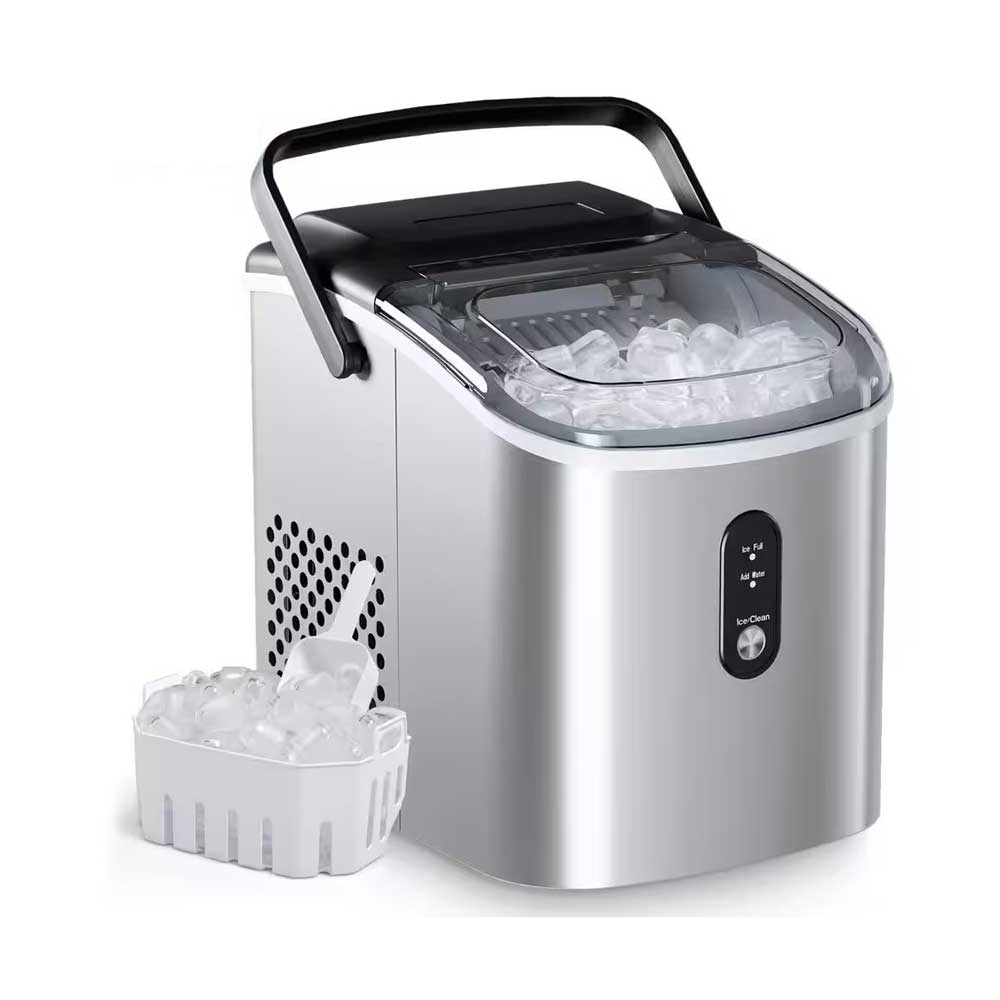 Portable Flake Ice Machine
Portable Flake Ice Machine
Ready to Get Started?